Russia's recent approval of a revised nuclear doctrine, which lowers the threshold for nuclear attack and expands the range of countries and military alliances subject to deterrence, has sparked mixed reactions from countries.
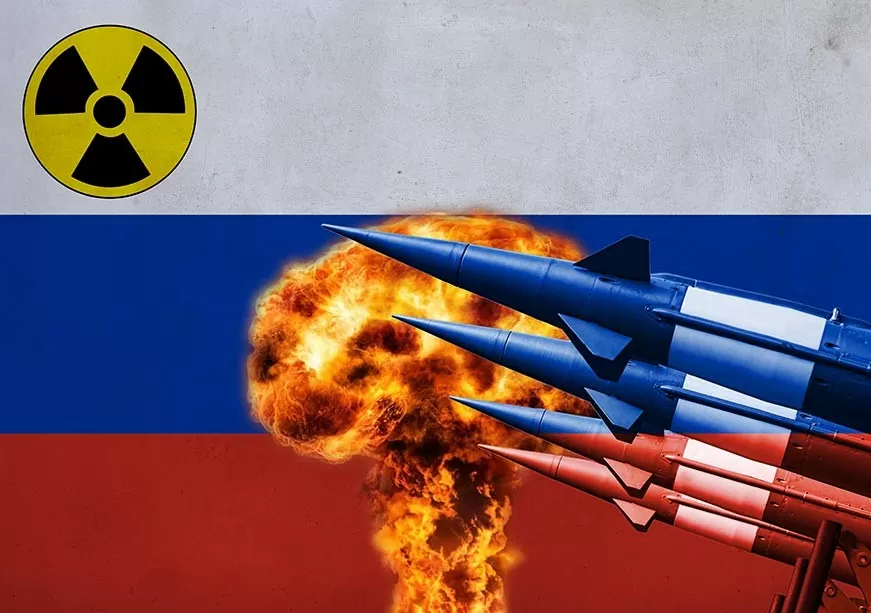 |
| Russia's revised nuclear doctrine has sparked mixed international reactions. (Source: Getty Images) |
According to Sputnik news agency, on November 20, Japanese Chief Cabinet Secretary Hayashi Yoshimasa said that Tokyo is closely monitoring trends in Russia amid changes in the country's nuclear doctrine, noting that it is worrying that "Russia has previously hinted at the use of nuclear weapons in connection with the Ukraine conflict."
"Japan is the only country that has suffered from nuclear weapons and believes that there should be no threat of such weapons, much less their use," Mr. Hayashi said.
According to Japanese officials, Tokyo has conveyed the above stance to Moscow at every opportunity as well as appealed to the international community and "intends to continue to do so".
Meanwhile, in an interview with France 2 television channel the same day, French Foreign Minister Jean-Noel Barrot emphasized that Russian President Vladimir Putin's decision to lower the nuclear strike threshold was just "words" and "does not threaten us".
The United States and the European Union (EU) have also reacted to Russia's new nuclear doctrine.
China, for its part, called on all parties to “remain calm and restrained” following Moscow’s move and should work together through dialogue to reduce tensions and strategic risks.
AFP news agency quoted Chinese Foreign Ministry spokesman Lin Jian as saying that Beijing's stance is still to encourage all parties to cool down the situation and resolve the Ukraine crisis through political means, while affirming that the Northeast Asian country will continue to play a constructive role in this issue.
On November 19, Russian President Vladimir Putin signed a decree approving the Foundation of State Policy in the Field of Nuclear Deterrence, the country's updated nuclear doctrine. The basic principle of the doctrine is that the use of nuclear weapons is the last resort to protect national sovereignty.
The emergence of new military threats and risks prompted Russia to clarify the conditions for the use of nuclear weapons. In particular, the revised doctrine expanded the range of states and military alliances subject to nuclear deterrence, as well as the list of military threats that this deterrence is intended to counter.
Additionally, the document states that Russia will now consider any attack by a non-nuclear state supported by a nuclear power as a joint attack.
Moscow also reserves the right to consider a nuclear response to a conventional attack that threatens its sovereignty, a large-scale attack by enemy aircraft, missiles and drones on Russian territory, their violation of Russia's borders, as well as an attack on its ally Belarus.
Speaking about this doctrine, on the same day, November 19, Kremlin spokesman Dmitry Peskov declared that this is a very important document "requiring in-depth analysis both domestically and perhaps abroad".
Source: https://baoquocte.vn/nga-tung-hoc-thuyet-hat-nhan-nhat-ban-canh-giac-phap-noi-chang-doa-duoc-chung-toi-294435.html


![[Photo] Closing of the 11th Conference of the 13th Central Committee of the Communist Party of Vietnam](https://vstatic.vietnam.vn/vietnam/resource/IMAGE/2025/4/12/114b57fe6e9b4814a5ddfacf6dfe5b7f)



![[Photo] Overcoming all difficulties, speeding up construction progress of Hoa Binh Hydropower Plant Expansion Project](https://vstatic.vietnam.vn/vietnam/resource/IMAGE/2025/4/12/bff04b551e98484c84d74c8faa3526e0)

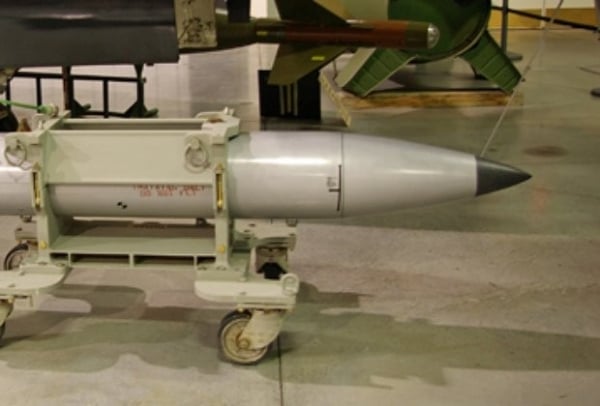

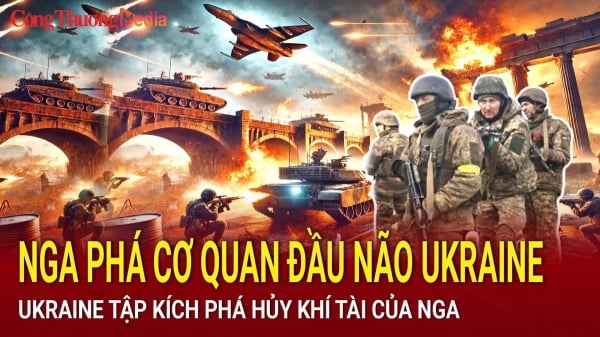
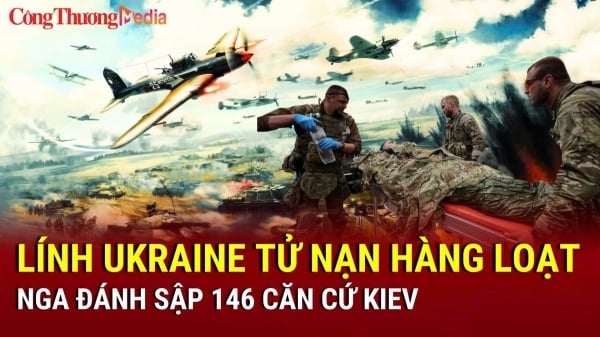
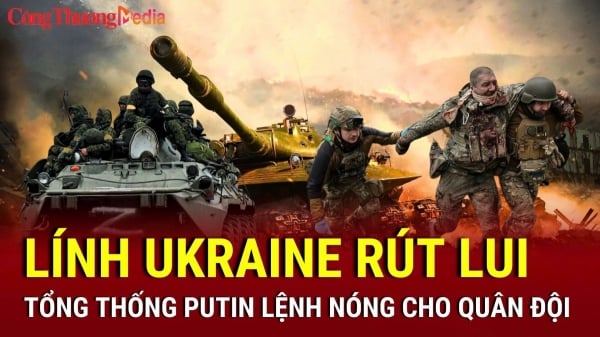
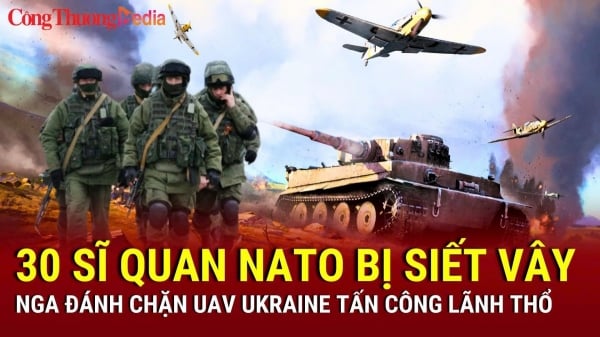
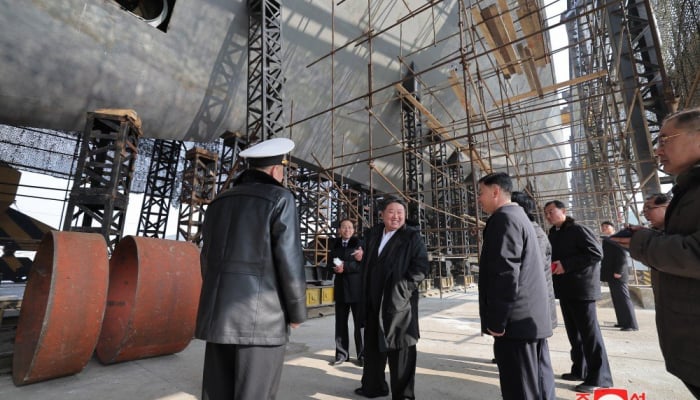











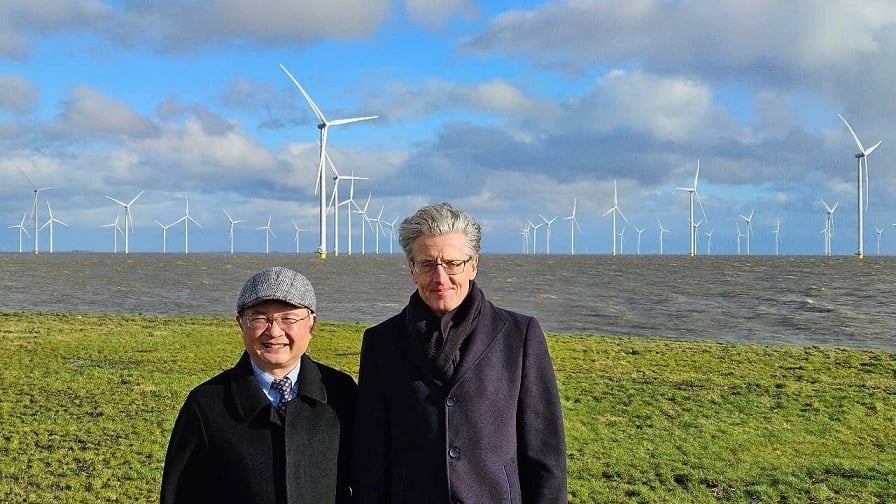

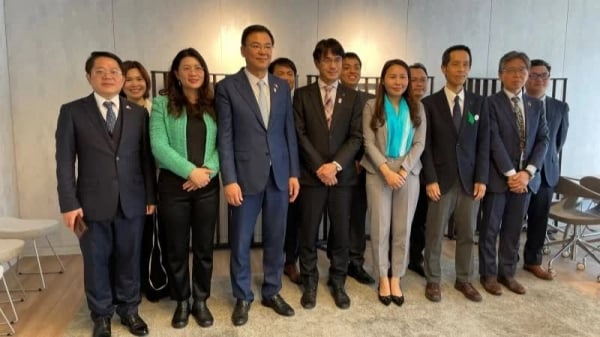
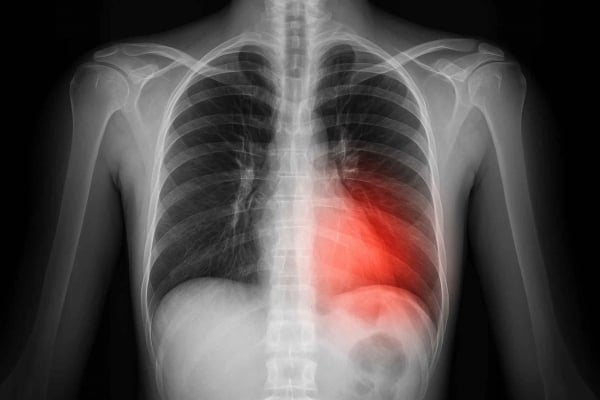
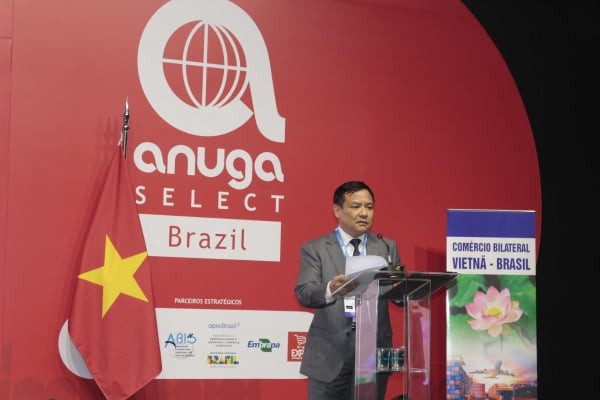














































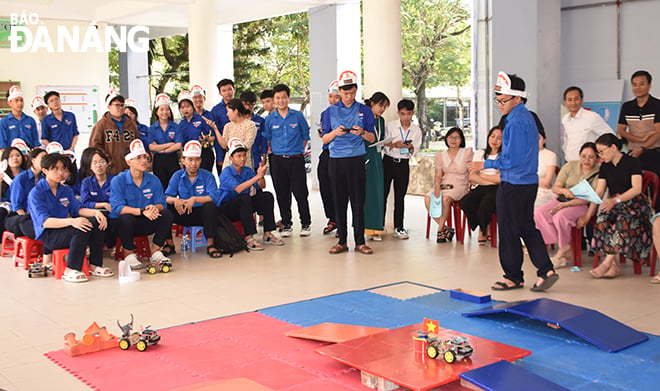

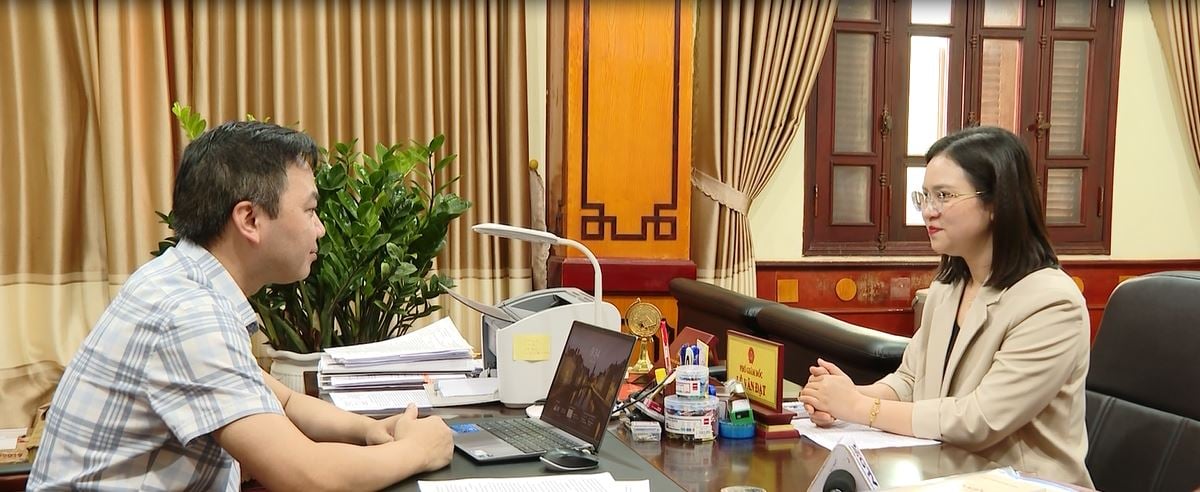
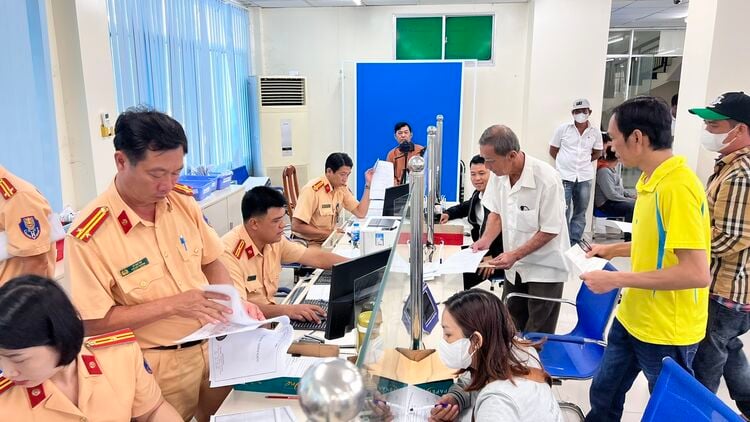

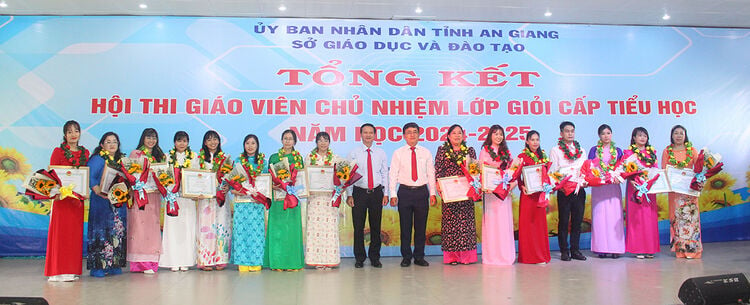













Comment (0)